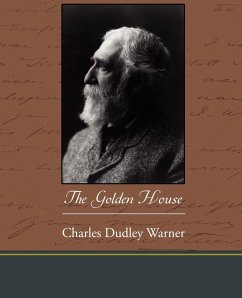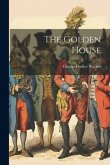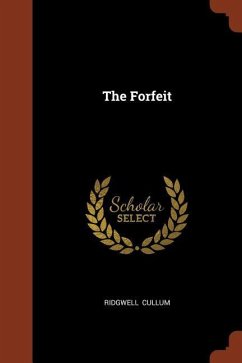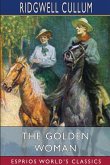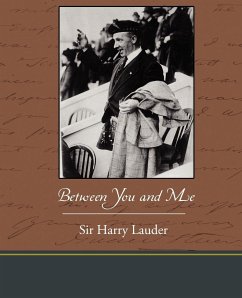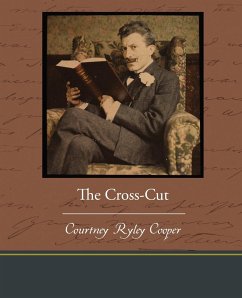Charles Warner was an American essayist in the late 1800's. As a boy he lived in Charlemont, Massachusetts: the scene of the experiences pictured in his study of childhood, Being a Boy (1877). He traveled widely, lectured frequently, and was actively interested in prison reform, city park supervision, and other movements for the public good. The Golden House
Hinweis: Dieser Artikel kann nur an eine deutsche Lieferadresse ausgeliefert werden.
Hinweis: Dieser Artikel kann nur an eine deutsche Lieferadresse ausgeliefert werden.

